Trump imposes sweeping sanctions on Iran amid strained nuclear talks
- Update Time : Saturday, May 3, 2025
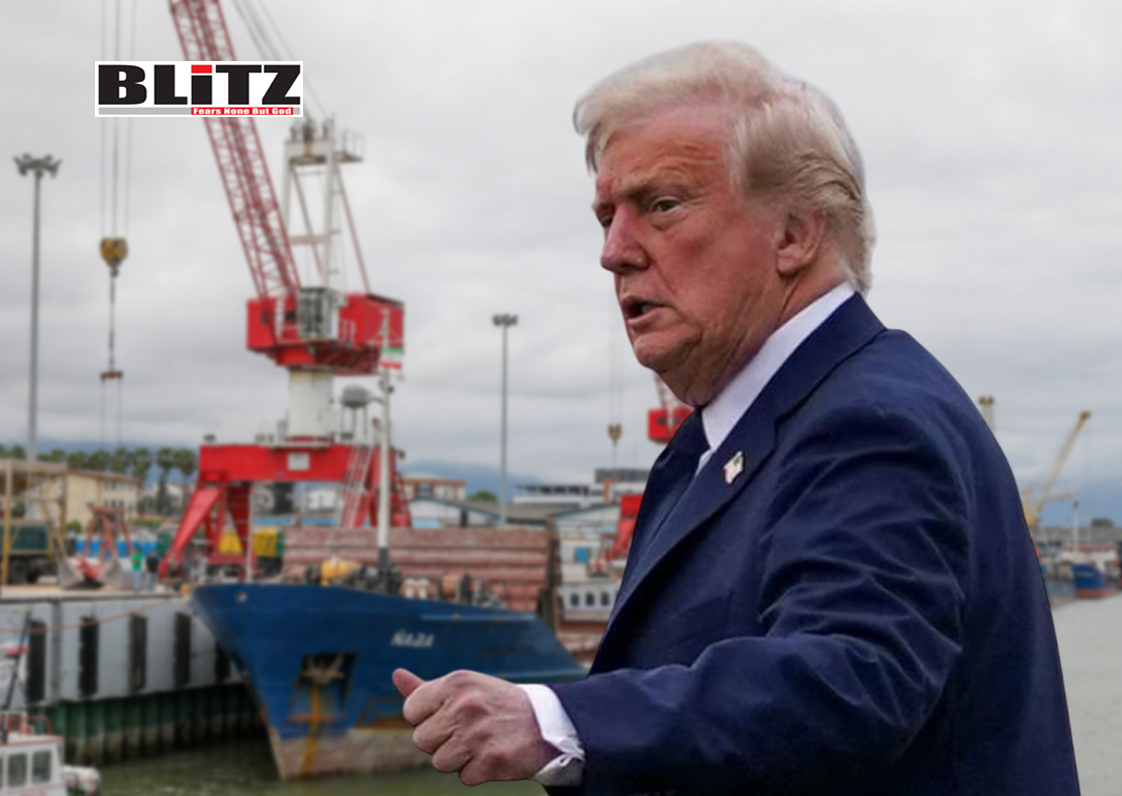
In a decisive escalation of tensions with Tehran, US President Donald Trump announced on May 1 that countries purchasing Iranian oil or petrochemical products will face secondary sanctions, warning that violators will be barred from doing business with the United States. The move threatens to further destabilize ongoing nuclear negotiations and inflame regional tensions, even as both sides claim to remain open to diplomacy.
Posting on his Truth Social platform, Trump declared, “All purchases of Iranian oil or petrochemical products must stop, now!” He warned that any nation or entity continuing such trade “will not be allowed to do business with the United States of America in any way, shape, or form.” The announcement marks a sharp tightening of Washington’s already aggressive sanctions regime against Tehran, and signals that Trump is willing to use the full force of American economic power to isolate Iran internationally.
The announcement follows action by the US State Department, which on April 30 sanctioned seven companies accused of participating in what it labeled the “illicit” trade of Iranian energy products. Those targeted included six companies based in the United Arab Emirates, a Turkish company, and an Iranian entity. Washington’s allegations included charges that Tehran was advancing its nuclear program, fueling conflicts across the Middle East, and backing “terrorist partners and proxies” in the region.
Interestingly, the US Treasury Department remained silent on the latest sanctions developments, an unusual move that suggests Washington’s approach may be led directly by Trump and the State Department rather than through the normal channels of interagency coordination.
Trump’s decision to ratchet up pressure on Tehran comes at a precarious time. Washington and Tehran have been locked in negotiations over Iran’s nuclear program for months, with reports suggesting Iran is willing to forgo militarizing its nuclear capabilities in exchange for comprehensive sanctions relief. However, Trump’s actions suggest that he is once again leaning heavily into his “maximum pressure” strategy, reminiscent of his first term when he unilaterally withdrew from the 2015 Joint Comprehensive Plan of Action (JCPOA), the UN-backed nuclear deal that placed strict limitations on Iran’s nuclear activities in exchange for economic relief.
After withdrawing from the JCPOA, Trump reimposed sweeping sanctions on Iran, claiming Tehran had secretly violated the terms of the agreement-a charge that international monitors found little evidence to support at the time. Iran responded by gradually scaling back its compliance with the deal, enriching uranium at higher levels and expanding its nuclear infrastructure.
The current sanctions announcement appears to be aimed at gaining additional leverage in the ongoing talks, although critics argue that such moves risk scuttling negotiations altogether.
Tensions have also been heightened by Trump’s increasingly bellicose rhetoric. In March, Trump publicly threatened to bomb Iran if Tehran did not agree to a new deal. The threat was met with defiance from Iranian officials, who insisted they would not yield to intimidation. Three rounds of talks have taken place since then, facilitated by Oman, a traditional intermediary between the US and Iran. However, a planned fourth round was postponed earlier this week for what Iranian Foreign Minister Abbas Araghchi described as “logistical and technical reasons.”
Despite the delays, Araghchi emphasized that Tehran remains “more determined than ever to achieve a just and balanced deal.” His comments suggest that Iran is trying to maintain a posture of engagement, even as Trump’s actions make the diplomatic path increasingly fraught.
Meanwhile, Trump’s administration has tied its Iran policy closely to broader Middle Eastern security concerns, particularly regarding Yemen. Washington accuses Tehran of supplying arms and strategic support to Yemen’s Houthi rebels, who have been fighting against a Saudi-led coalition backed by the US. In March, Trump ordered a major strike campaign against Houthi positions, claiming the goal was to protect shipping lanes in the Red Sea. Tehran has categorically denied supporting the Houthis in the manner Washington alleges.
US Defense Secretary Pete Hegseth added to the growing war of words on May 1, warning that Iran would face “consequences at a time and place of our choosing” for its alleged role in facilitating Houthi operations. The warning underscored the broader risks of escalation, where proxy conflicts could spiral into direct confrontation between Washington and Tehran.
The imposition of secondary sanctions places America’s allies and rivals alike in a difficult position. Many countries, particularly in Asia, continue to rely on Iranian oil and petrochemicals for their domestic needs. Trump’s latest directive could force nations such as China, India, and even some European states to make hard choices between access to US markets and securing their energy supplies.
It remains to be seen how rigorously Washington will enforce these secondary sanctions, but if history is any guide, Trump’s administration will not hesitate to punish violators. During his first term, secondary sanctions targeting Iran’s banking and energy sectors caused significant disruptions in global markets and drew sharp criticism from European allies, who accused Washington of overreaching its jurisdiction.
Already, some observers warn that Trump’s aggressive posture could alienate potential partners who might otherwise have helped broker a diplomatic solution. Others argue that Iran, faced with mounting economic hardship, could be pushed into a corner where it sees no alternative but to escalate its nuclear activities or retaliate through regional proxies.
Trump’s sweeping new sanctions regime against Iran marks a significant gamble. By attempting to maximize pressure at a critical juncture in nuclear negotiations, Washington risks derailing diplomatic efforts entirely. History shows that while sanctions can inflict economic pain, they rarely force quick political capitulation-particularly from a government like Iran’s that sees resistance to US pressure as a matter of national pride.
As tensions rise, the world watches closely. Whether this latest move forces Tehran back to the negotiating table or sparks a broader regional crisis remains an open-and deeply consequential-question.


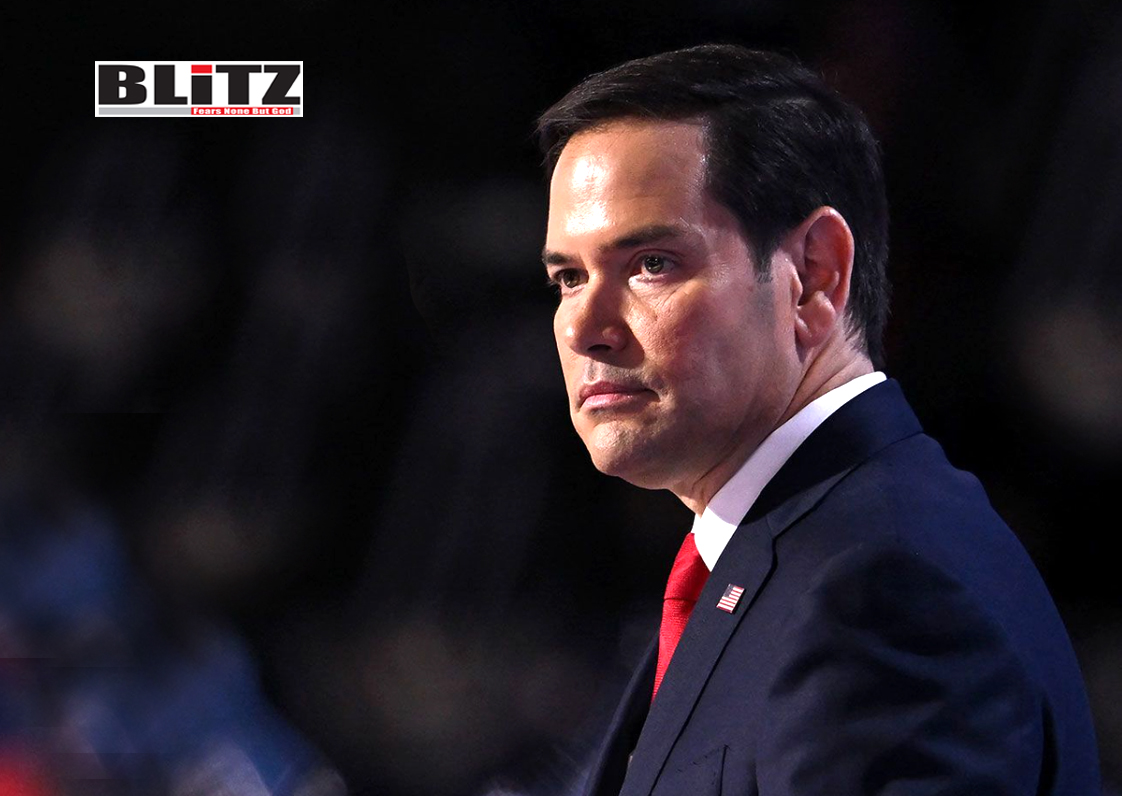
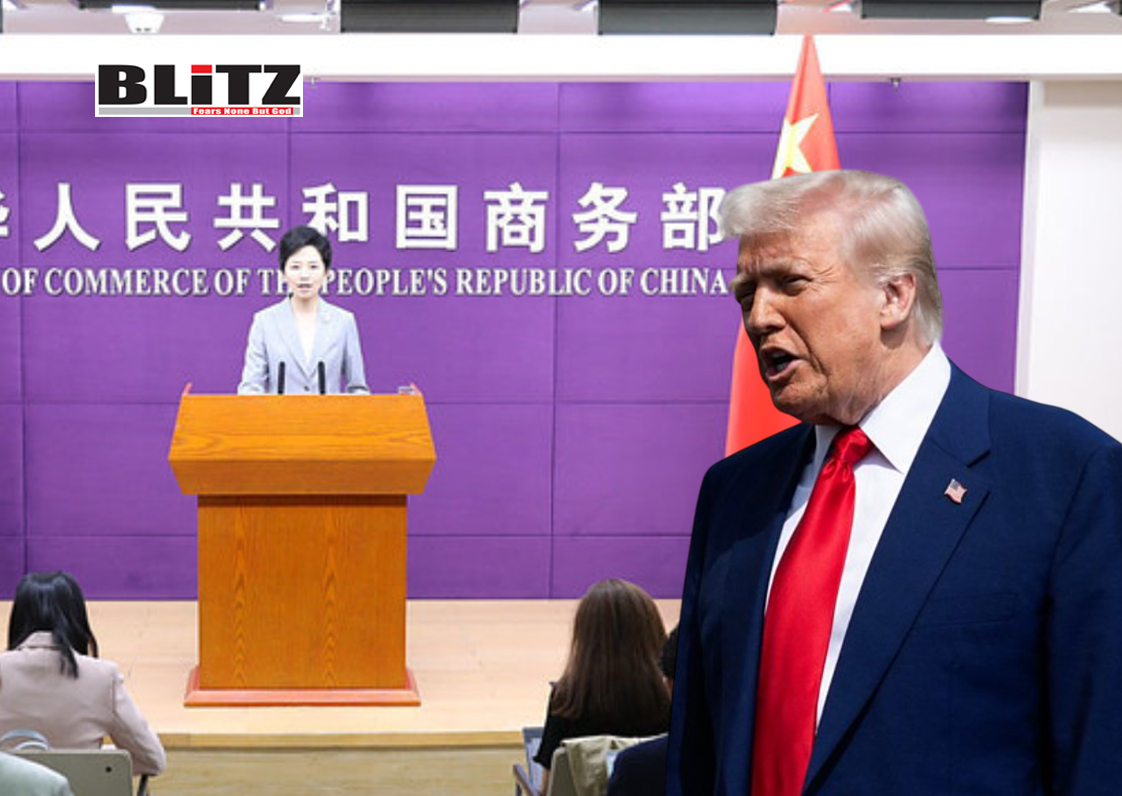
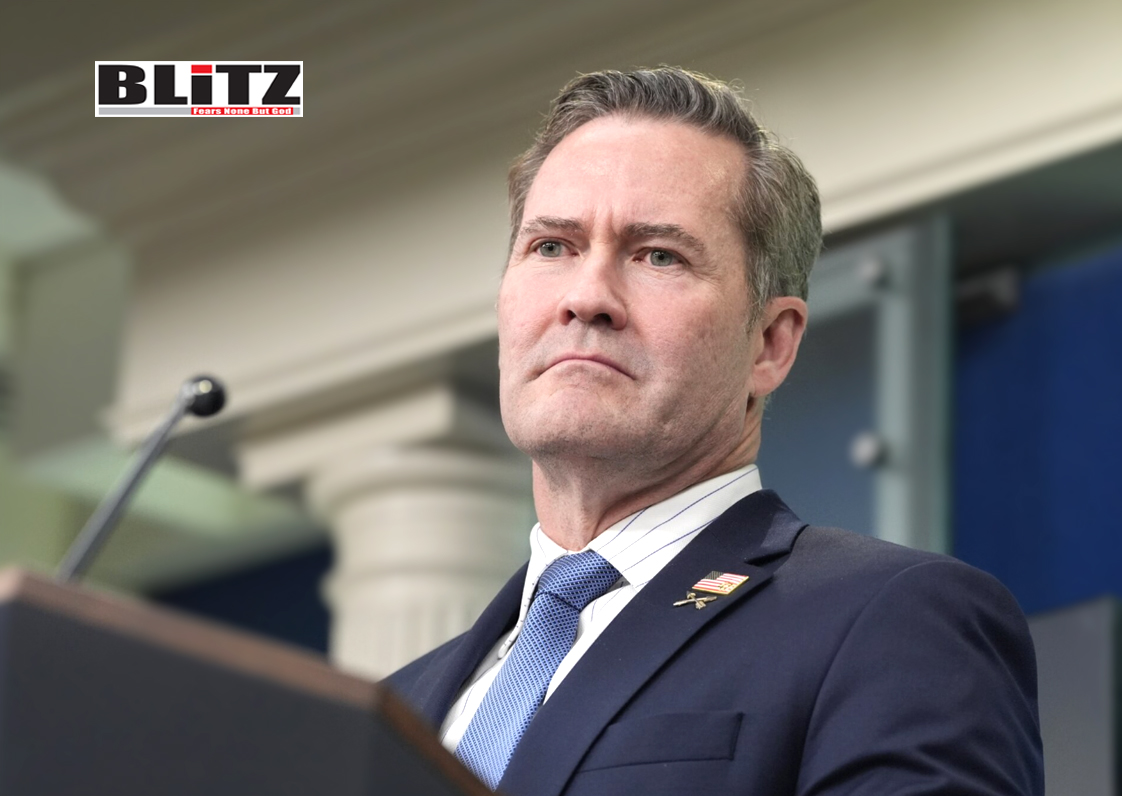
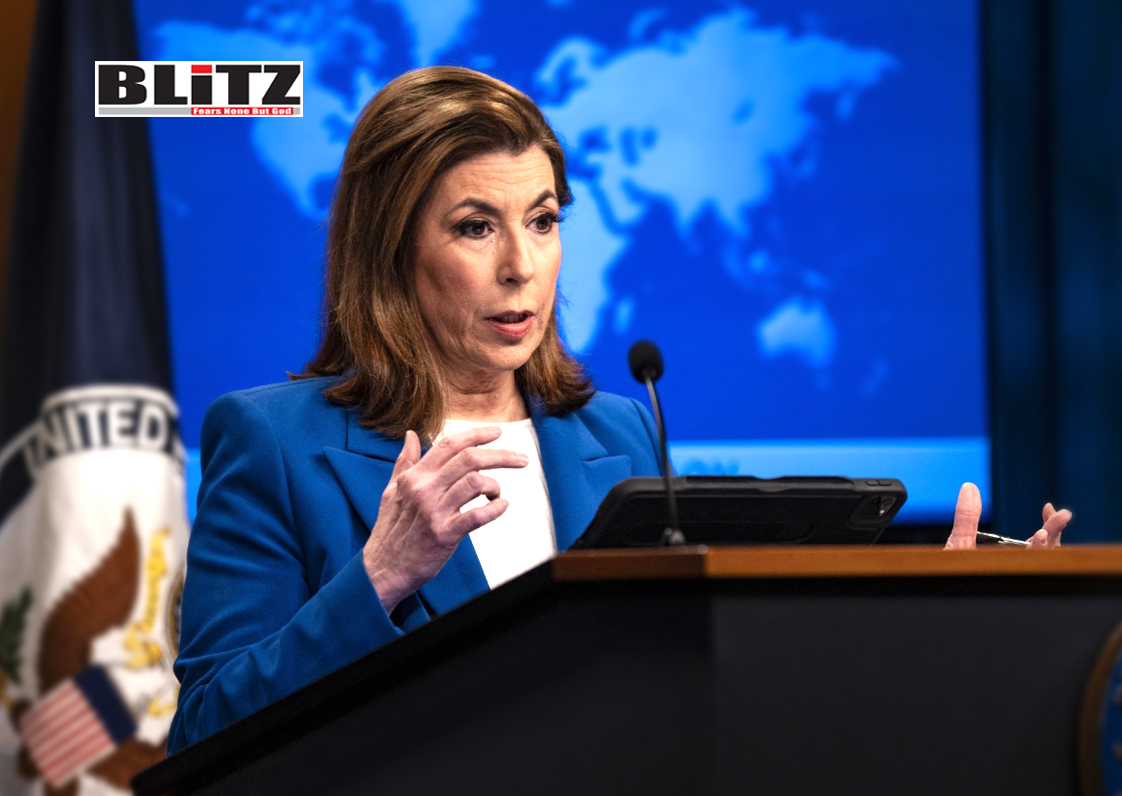
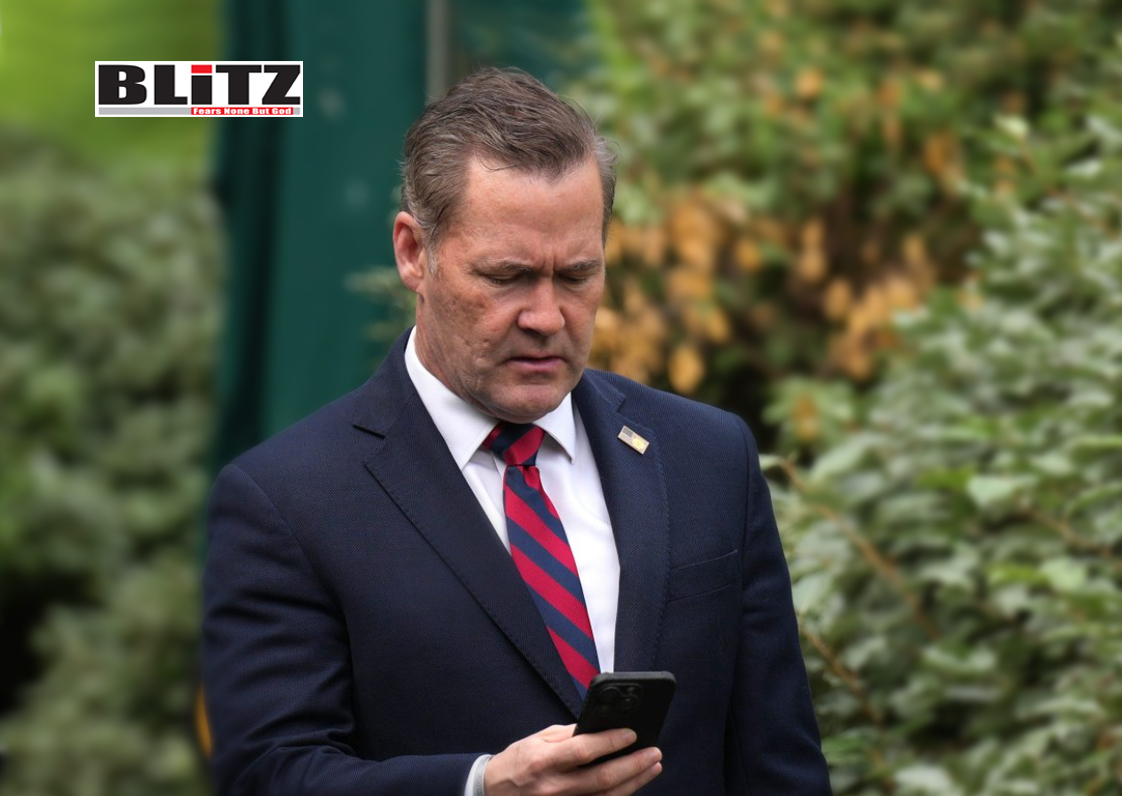



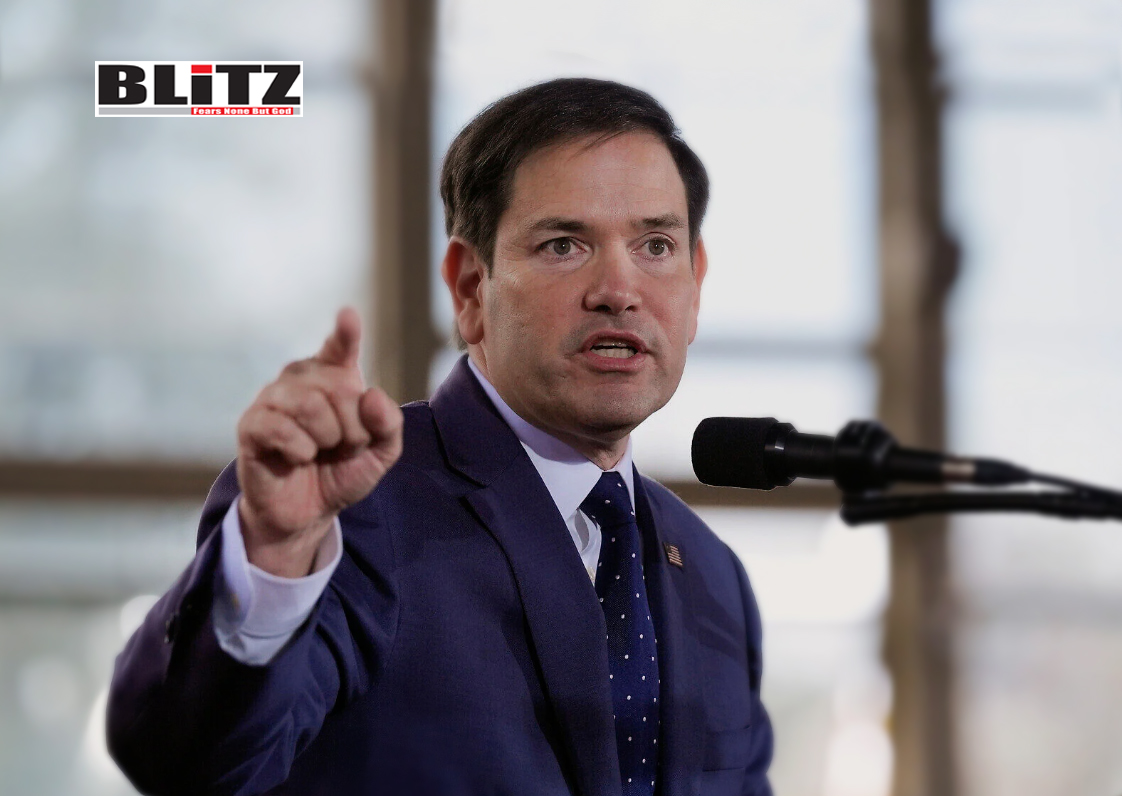
Leave a Reply